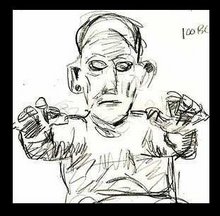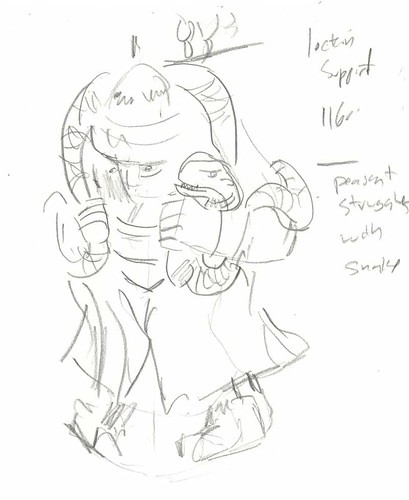Last night Charlie worked on the idea of Sen No Sen by which he means an early response to an attack so you prevent the attack from reaching it's most force. And along with it he worked in the notion of Atemi as “90% of Aikido”.
I think this may be a fundamental difference between Charlie and Sidney Sensei. For instance in irimi nage Charlie almost always teaches the early entering where you step in front of uke to stop the advance of the attack.
(Charlie's version is a cleaner but I couldn't find exactly what I wanted on you tube)
While Sidney almost always teaches a version that has a has you step to the other side and let the attack play itself out. You tenkan, swing uke around and then go to irimi.
If asked, Sensei will point out the the ending of both is the same, but he feels that if you learn the longer version you can use the shorter version with ease.
Regarding Sen No Sen I found this link http://www.aikidojournal.com/article.php?articleID=600
The Founder’s concept of aiki strategy goes far beyond the dimension of psycho-physical confrontation. In an interview conducted in 1957, he expresses the concept in these words:
“It is not a question of either ‘sensen no sen’ or ‘sen no sen.’ If I were to try to verbalize it I would say that you control your opponent without trying to control him. That is, the state of continuous victory. There isn’t any question of winning over or losing to an opponent. In this sense, there is no opponent in aikido. Even if you have an opponent, he becomes a part of you, a partner you control only.”
If I were to quibble at all (which I would never do in class) it is that an emphasis on Atemi or Early attack is totally legitimate I think maybe with our western view of things we naturally associate these ideas with “force”, which I don't think O' Sensei really meant (boy is that presumptuous of me!).
Where Ueshiba think such things as control without controlling, we can't help of think that controlling is...well Control
Subscribe to:
Post Comments (Atom)



No comments:
Post a Comment